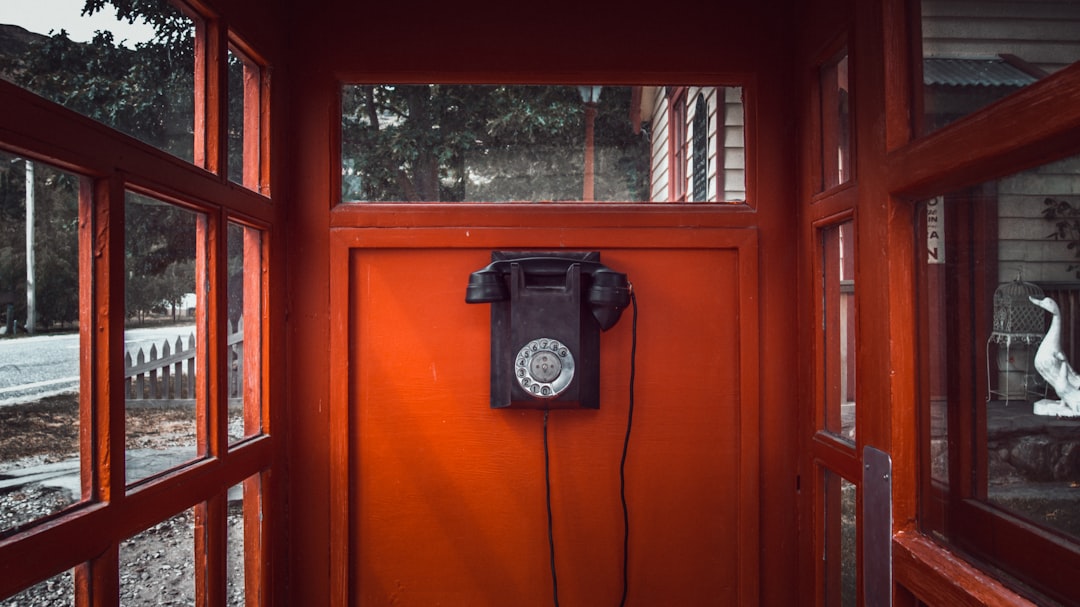Vermont's Do Not Call Laws, adhering to FTC guidelines, empower residents to reduce unwanted telemarketing calls by registering on the National Do Not Call Registry (donotcall.gov). This simple step significantly cuts marketing calls and texts, enhancing privacy and fostering a quieter home environment. Exemptions exist for non-profit organizations and government agencies, but managing the registry is crucial for continuous protection against nuisance calls.
“Confused about how to register for the National Do Not Call Registry in Vermont? This comprehensive guide breaks down the process step-by-step, ensuring you understand Vermont’s do not call laws and eligibility requirements. Learn how to protect your privacy, avoid unwanted calls, and what benefits await after registration. By following these simple steps, you can take control of your communication preferences and enjoy a quieter, more peaceful life in The Green Mountain State.”
Understanding Do Not Call Laws in Vermont

In Vermont, just like in many other states across the US, Do Not Call laws are designed to protect residents from unwanted telemarketing calls and sales pitches. These laws are part of a national effort to give consumers control over their phone communications. If you’re living in Vermont, it’s important to understand that registering for the National Do Not Call Registry is a straightforward process and can significantly reduce the number of marketing calls you receive.
Vermont’s Do Not Call Laws follow federal guidelines set by the Federal Trade Commission (FTC). By registering your phone number on the national registry, you’re signaling to businesses that you don’t consent to receiving telemarketing calls. This means that once registered, Vermont residents can expect a notable decrease in sales calls and texts from various companies, ensuring a quieter and less disruptive communication environment.
Eligibility Requirements for Registration

To register for the National Do Not Call Registry in Vermont, you must first meet certain eligibility criteria. The primary requirement is that you must be a resident of Vermont and have a telephone number that is eligible for inclusion in the registry. This typically includes landline and wireless (mobile) numbers used for personal, family, or household purposes.
Business phone numbers are generally not eligible for the National Do Not Call Registry. However, if you use your phone primarily for personal use, even if it’s associated with a business, you may still be able to register. Additionally, individuals who have moved within the last 180 days and are still in the process of establishing their residency in Vermont may also apply. It’s important to note that the Do Not Call Laws in Vermont aim to protect residents from unsolicited telephone marketing calls, ensuring they can enjoy peace and quiet at home.
The Registration Process Step-by-Step

Registering for the National Do Not Call Registry is a straightforward process, ensuring you’re protected from unwanted calls in Vermont, where strict Do Not Call Laws are in place. Here’s how to do it:
1. Visit the official website of the National Do Not Call Registry at donotcall.gov. This is the authorized platform for registering your number under the national registry.
2. You’ll find an option to ‘Sign Up’ or ‘Register’. Click on this and provide your personal details, including your full name, phone number (including area code), and email address. Ensure your phone number is Vermont-based as the registry specifically caters to residents of this state.
Benefits and Considerations After Registration

After successfully registering for the National Do Not Call Registry, residents of Vermont can expect several significant benefits. One of the primary advantages is reduced unwanted telemarketing calls, providing a quieter and more peaceful home environment. This is particularly beneficial for individuals who value their time and prefer to control when they engage with external communications. Additionally, Vermont’s strict Do Not Call Laws offer enhanced privacy protection, ensuring that personal information remains secure from intrusive marketing practices.
When considering the registration process, it’s worth mentioning that it offers a simple and effective way to opt-out of promotional calls. However, users should be aware that certain types of calls are exempt from these laws, such as those from non-profit organizations or government agencies. Moreover, while the registry is a powerful tool, maintaining an updated list requires ongoing management to ensure continued protection against unwanted calls.






